The House Committees Jan 6 Hearing: What You Need To Know
5 min read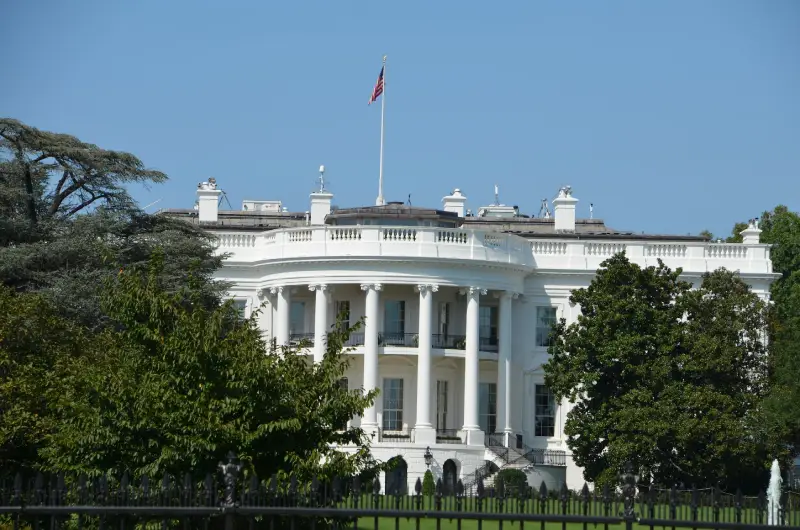
On Jan 6, the House Committee hearing on Capital Attacks will be taking place. The House committees will hear how to defend the nation’s voting systems against future cyberattacks and other potential threats, with a focus on ensuring that they are not being attacked in the first place. The topics addressed at this hearing include protecting voter registration data and improving coordination among federal agencies as well as state and local governments.
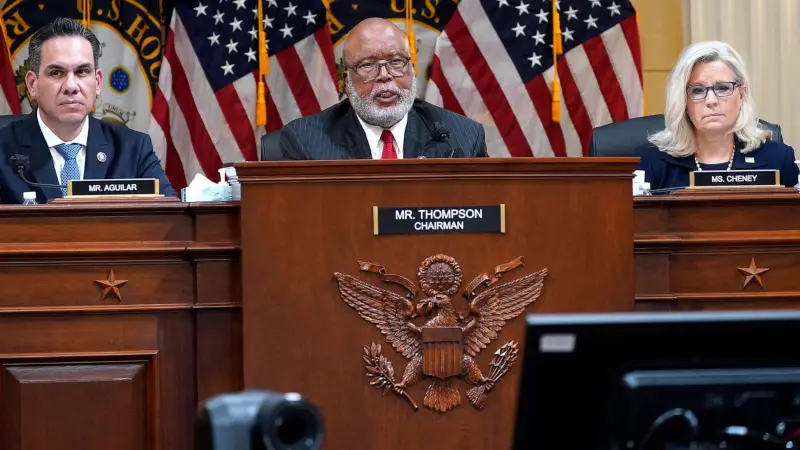
The House Intelligence Committee’s Hearing is an opportunity for the President-elect and Congress to coordinate plans and address the public’s concerns on national security.
The hearing will touch on the topics of cyber intelligence, Russia, terrorism, and other topics. The hearing will also cover a classified briefing by CIA Director John Brennan.
In contrast to their Senate counterparts’ open hearing, House Intelligence Committee’s closed-door hearing may help to address public perception of a lack of transparency.
Table of Contents
What is the House Committees Hearing?
The House Committees Hearing on Jan. 6 was a meeting of the House Judiciary and Oversight Committees to discuss the results of the Mueller investigation. The hearing was open to the public, and members of both committees were present.
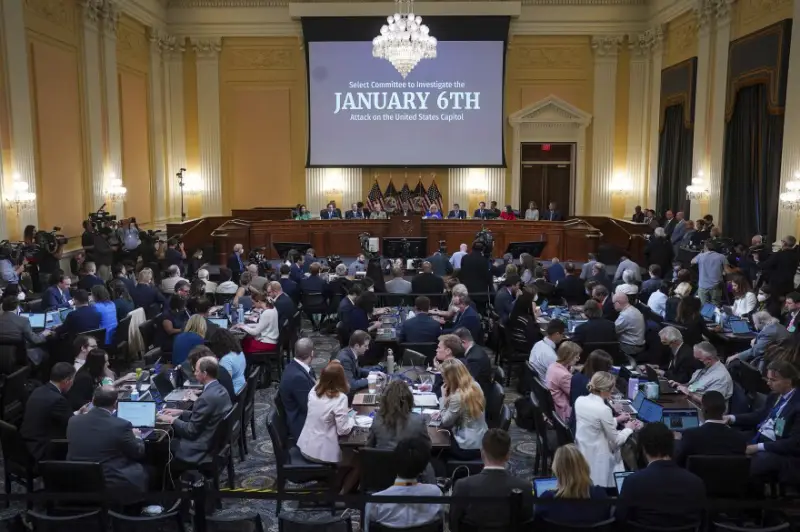
During the hearing, members of the House Judiciary and Oversight Committees questioned FBI Director Christopher Wray and Deputy Attorney General Rod Rosenstein about the Mueller report. Representatives from both parties asked questions about the report’s findings, as well as the process by which it was compiled.
The hearing lasted for approximately four hours, during which time both Wray and Rosenstein answered questions from members of Congress. At the conclusion of the hearing, both Wray and Rosenstein declined to comment on any potential future investigations or prosecutions stemming from the Mueller report.
The House Committees Hearing on Jan 6 Capital Attack: what you need to know
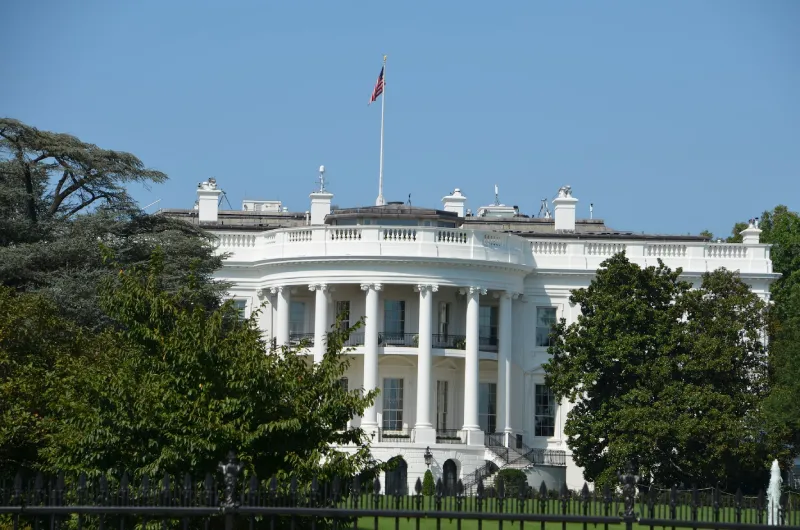
The House Committees on Homeland Security and Intelligence will be holding a joint hearing on Tuesday, January 10th at 9:00 am ET to investigate the attack on the U.S. Capitol by pro-Trump rioters. FBI Director Christopher Wray and Acting DHS Secretary Chad Wolf are among the officials who will be testifying.
This hearing comes as new details about the attack continue to emerge, including that some of the rioters were armed and that law enforcement was unprepared for the violence. It is expected that lawmakers will grill officials on why they did not do more to prevent the attack and what steps they are taking to ensure that something like this does not happen again.
The House Committee’s Countermeasures for the Future
In a recent Capital Attack on the House, these countermeasures would have prevented some of the serious damage that was done.

In order to prepare for any future attacks, two new committees were created: The Committee on Foreign Investment in the United States (CFIUS) and The Committee on Oversight and Reform.
Members of these committees now have the power to review transactions that could give a foreign entity control of any US company or asset.
Who are the people involved in the hearing?
There are three people involved in the hearing: the witness, the questioner, and the chair. The chair is the person who presides over the hearing and controls its proceedings. The witness is the person who gives testimony at the hearing. The questioner is the person who asks questions of the witness.
What is discussed in the hearing?
The House Committees on Energy and Commerce and Ways and Means will hold a joint hearing on Wednesday, January 13 at 10:00 a.m. in room 2123 of the Rayburn House Office Building. The hearing is titled, “Examining the Administration’s Fiscal Year 2017 Budget Proposal.”
Witnesses
The Honorable Mick Mulvaney, Director, Office of Management and Budget
How can we watch the Jan 6 hearing?
The House of Representatives will convene for a hearing on Wednesday, January 6th to discuss the certification of the Electoral College vote. The hearing will take place in the morning, and will be open to the public.
Those interested in watching the proceedings can do so via live stream on the House website, or through C-SPAN. The hearing is expected to last several hours and will feature testimony from a number of officials involved in the election.
How can you get involved in the Jan 6 hearing?
As we all know by now, the first Jan hearing is just around the corner. If you’re like most people, you’re probably wondering how you can get involved in this historic event.
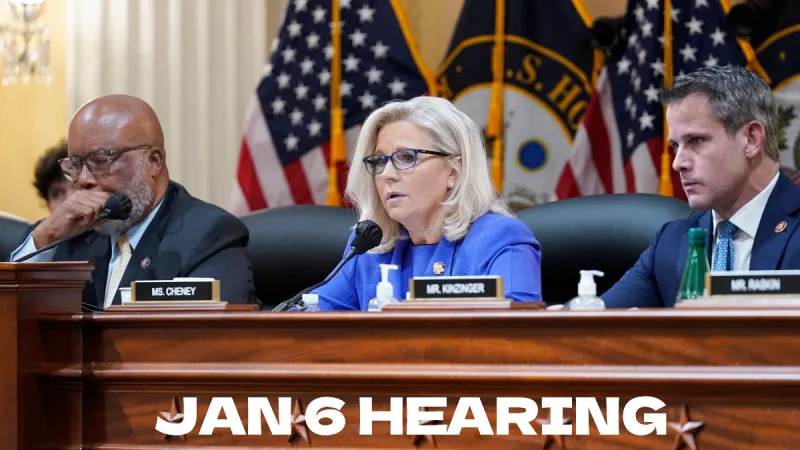
Here are a few ways you can get involved in the Jan 6 hearing:
Attend the hearing in person:
If you’re able to make it to Washington, D.C., on Jan 6, you can attend the hearing in person. This is a great way to show your support for President Trump and his efforts to overturn the election results.
Watch the hearing live:
If you can’t make it to Washington, D.C., you can still watch the hearing live online or on TV. This is a great way to stay informed about what’s happening and to show your support for President Trump.
Show your support on social media:
Use social media to show your support for President Trump and his efforts to overturn the election results. Use hashtags like #StopThe Steal and #Jan6Hearing to join the conversation and share your thoughts with others.
Donate to President Trump’s legal fund:
Help President Trump pay for his legal fees by donating to his legal fund. You can do this online or by mailing a check directly to his campaign headquarters.
Conclusion
On Jan 6, the Senate Judiciary Committee will hold a hearing to decide the future of Kavanaugh’s nomination. The hearing is open to the public, but it’s unclear whether there will be any journalists or members of the general public in attendance. The Republicans are not looking for a fair investigation and Democrats are deeply concerned about their lack of access to important documents.







